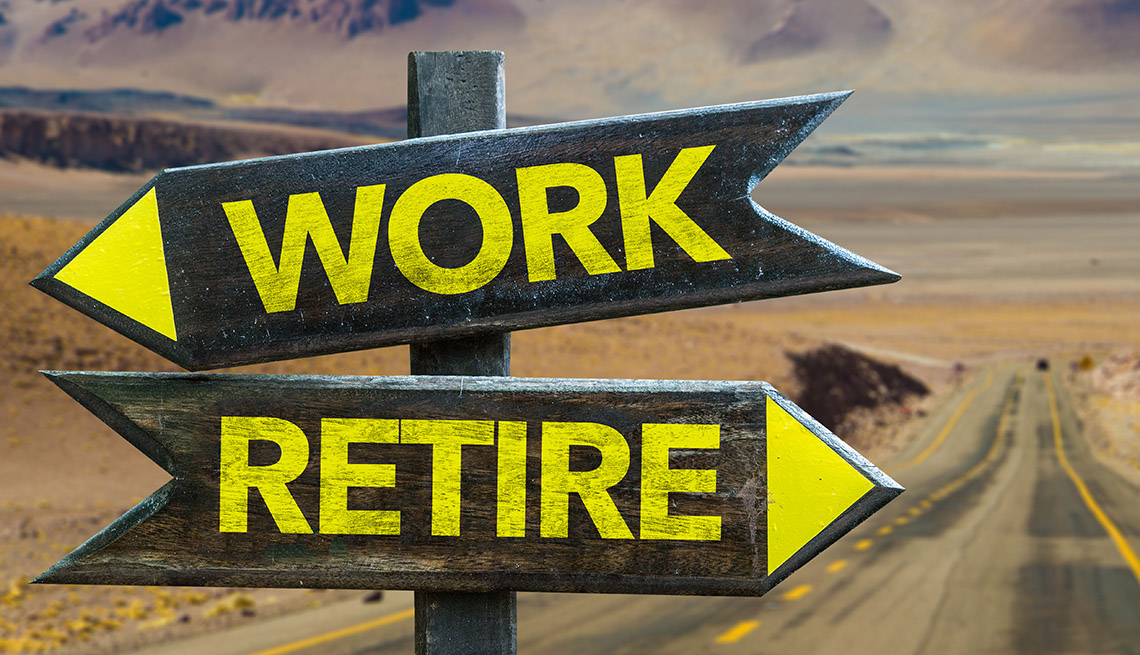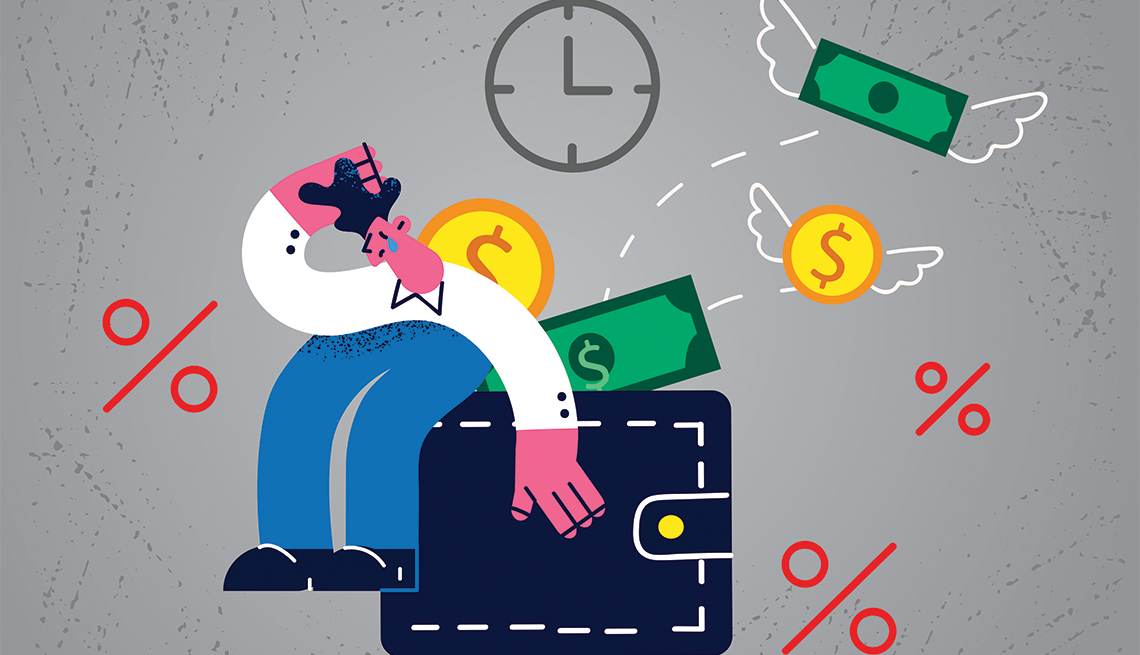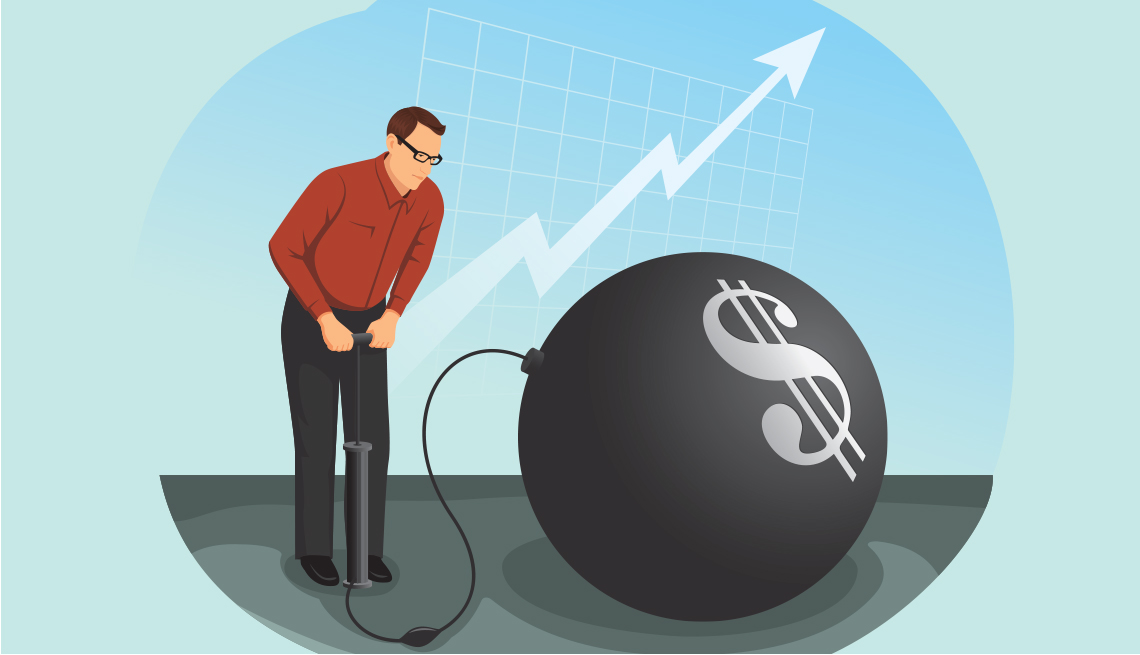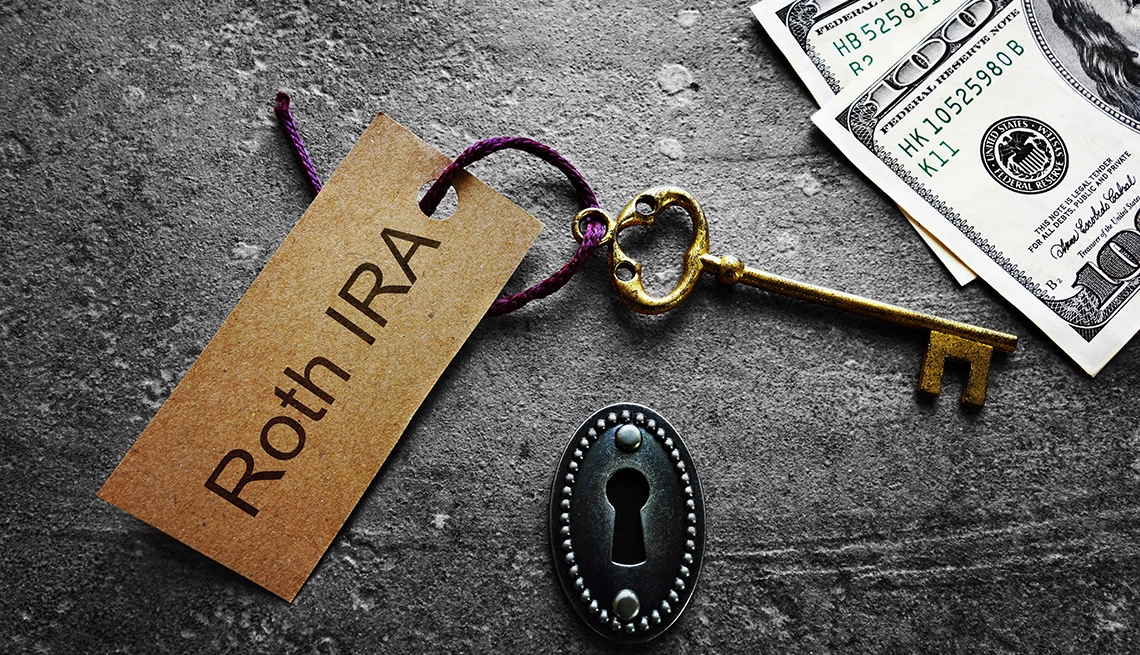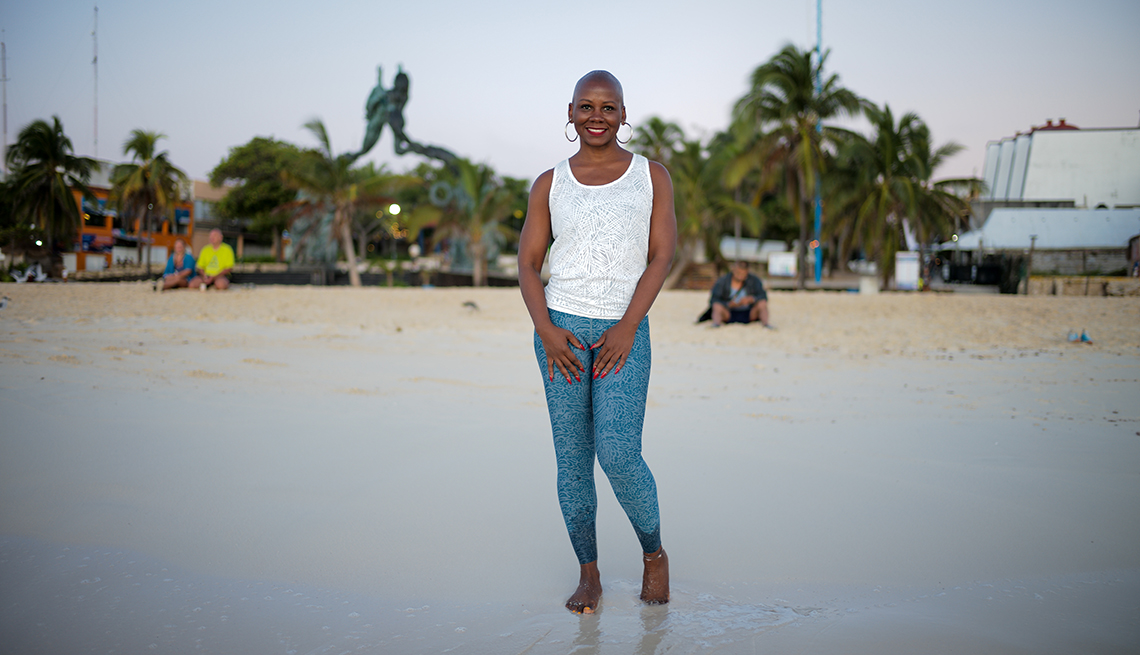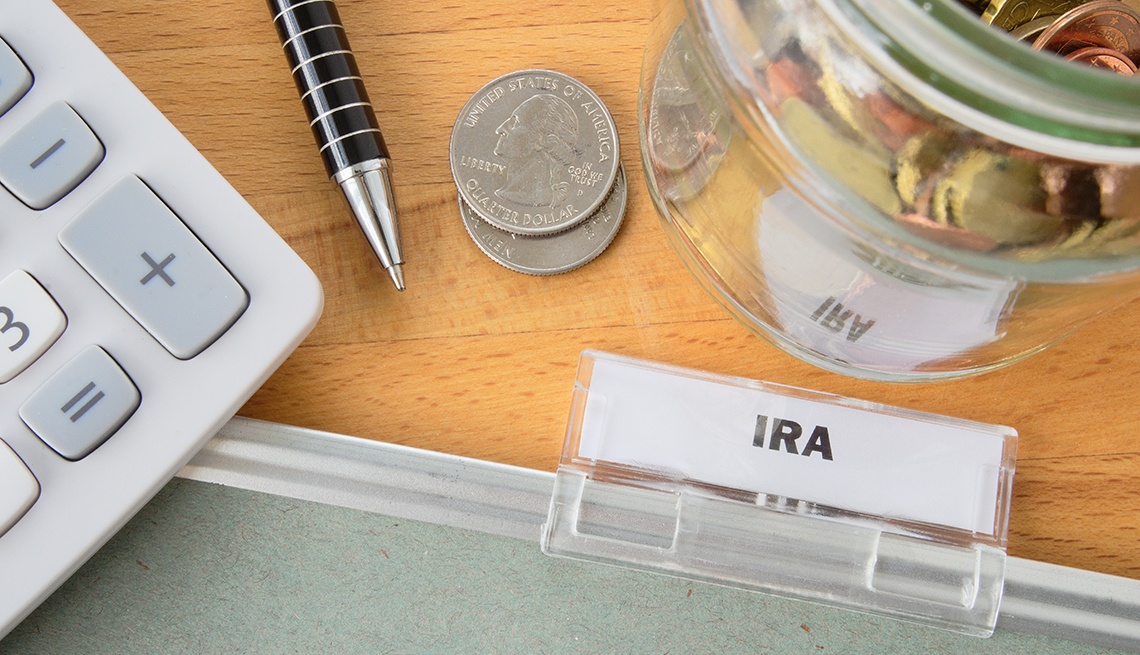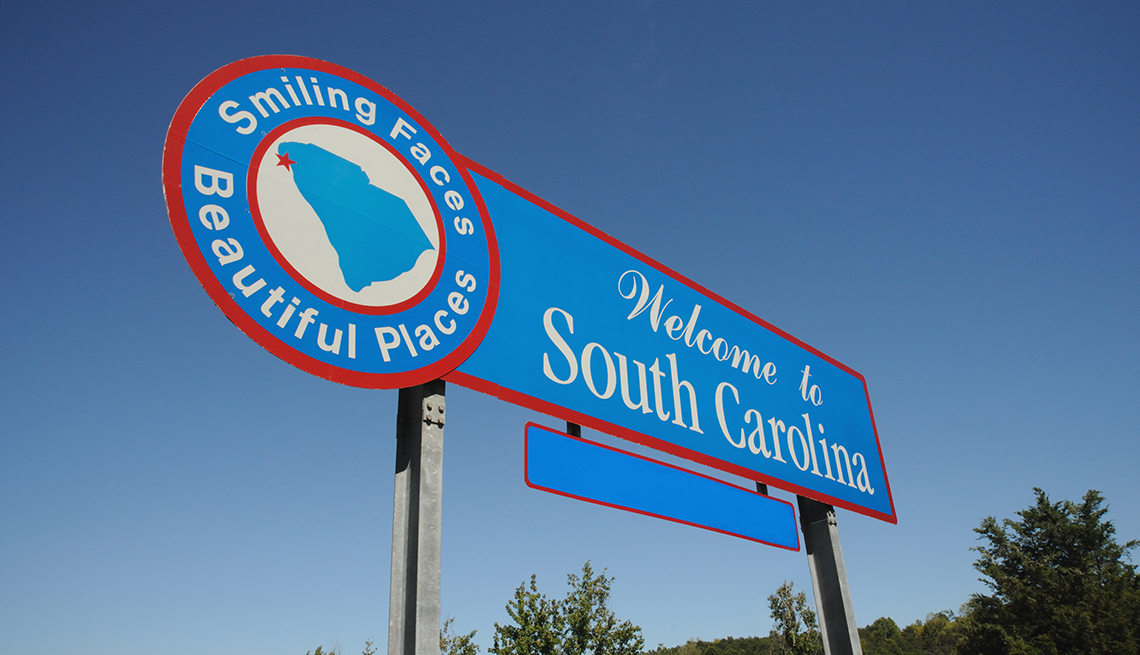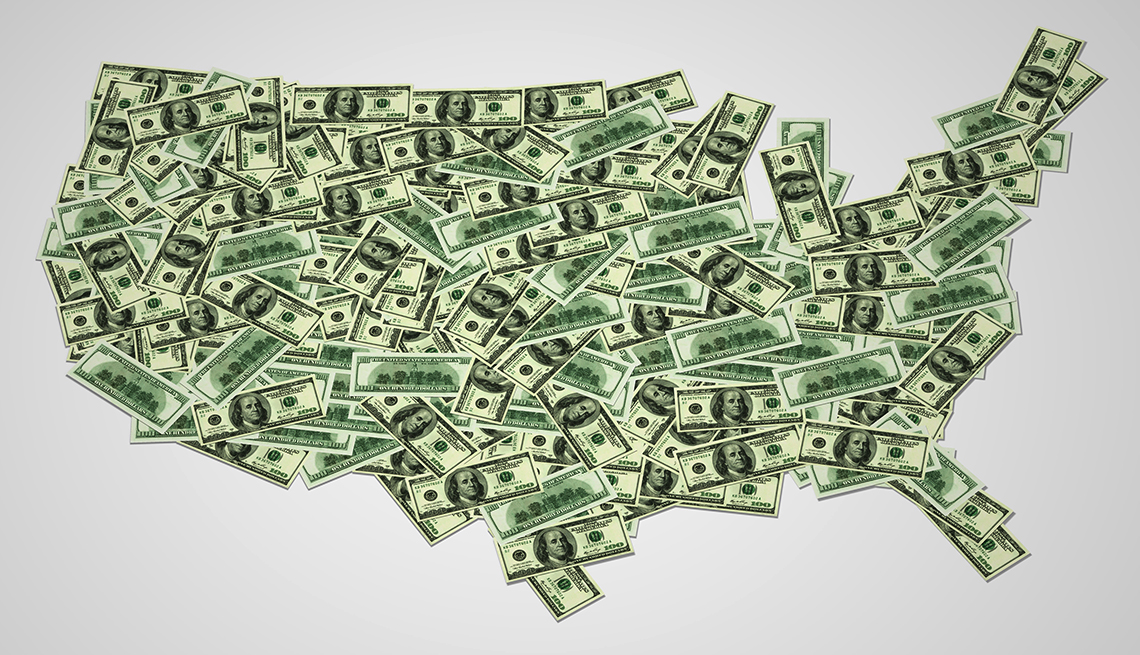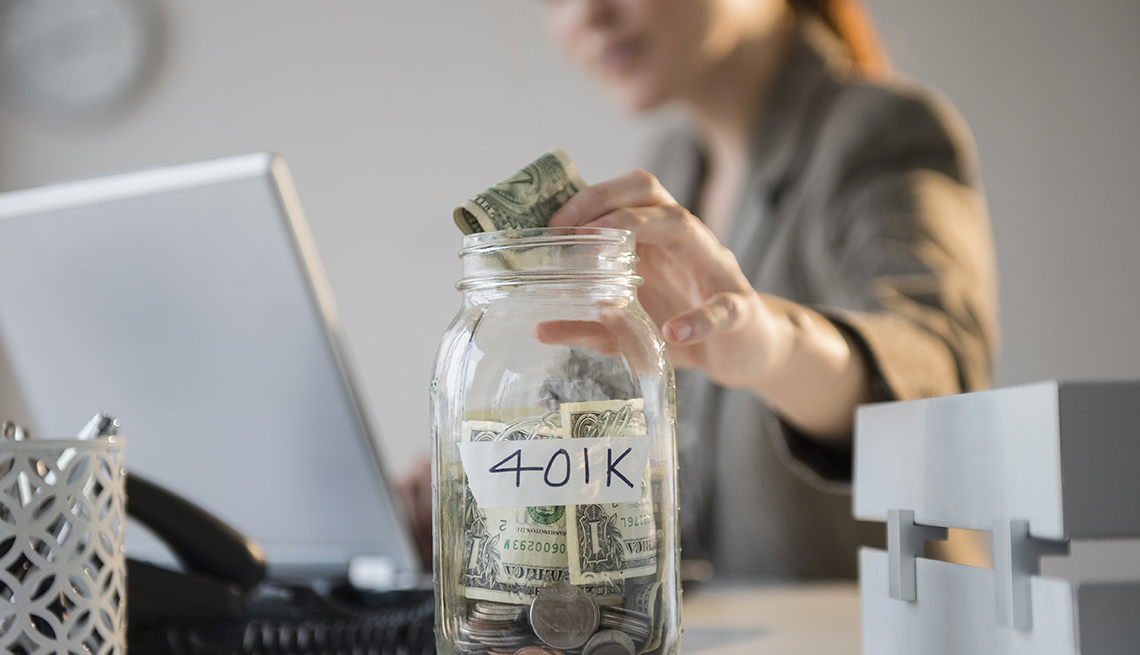AARP Hearing Center
You may think that your big expenses in retirement will be for greens fees at golf clubs, spa charges at that resort in Crete, and taking the kids out for avocado toast on weekends. And that may well be true. But some of your biggest expenses may surprise you — because you pay them already. The combination of everyday expenses and extraordinary expenses are what people find difficult to balance in retirement.
“Lifestyle creep in retirement is a real thing,” says Nick Covyeau, a certified financial planner in Costa Mesa, California. The spending that most folks rack up during their working years does not suddenly change in retirement, he says. Planning years in advance to try to maintain a reasonable style of living in retirement requires a keen sense of how much you’ll need to save and accumulate.
AARP wants to help take away the guesswork on something so critical to your financial future. So we reached out to four certified financial planners and asked them for their thoughts on the obvious — and not so obvious — things that retirees are most likely to spend their money on. We also asked them why — and how — to best plan for this spending.
Here are the 10 top things for which retirees are most likely to dig into their portfolios.
1. Health care
Of all the spending categories in your retirement, this one — over time — will likely be the big tamale. If you’re in reasonably good health, health care spending will typically be relatively low when you retire, then jump as you age into your 80s and beyond, says Eric Ross, a certified financial planner in Cincinnati. These expenses are often less for the husband, he says, because the husband typically dies first and sometimes relies on his spouse to take on many caregiving duties. That means the surviving spouse will often have to pay for their own caregiving costs, which tend to vary in different areas of the country.
At the same time, health care costs have seen — and will continue to see — faster inflation rates than any other spending category, says Craig Toberman, a certified financial planner in St. Louis. That’s why he projects that health care costs will climb about 5 percent annually over the next 30 years — about twice the rate of other expenses. He encourages clients to be mindful of their “lifestyle” retirement spending (like restaurant meals, travel and online shopping) in their 60s and 70s so that the money is still there to pay for increasing medical costs in their 80s and 90s.
2. Home maintenance
If you plan to stay in your home through at least a good chunk of your retirement, you’ll likely see your home maintenance costs jump considerably, says Ross. That’s because you’ll probably have to hire services to take over some of the tasks you’ve been doing for years. This includes hiring pros to do everything from lawn mowing and gutter cleaning to window washing and home cleaning. “Something as simple as using a ladder as you age often isn’t a good idea,” he says.
3. Travel
Travel costs in retirement will vary not only based on where you go and where you stay but on whom you bring along with you, says Ross. “Do your adult children join you on these trips, and are you paying the way for everyone?” he poses.




























































